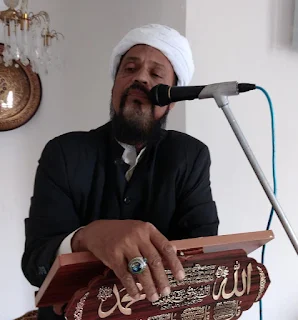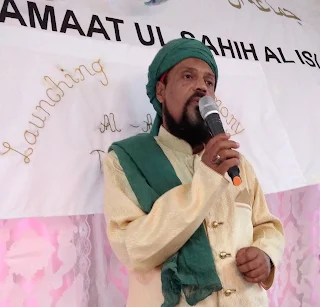Never neglect the Sunnah!
The life of a true Muslim is one that is shaped
by complete submission to Allah, guided by the Holy Qur’an and illuminated by
the example of the Holy Prophet Muhammad (pbuh). The Holy Qur’an itself
commands obedience not only to Allah but also to His Messenger, for the Holy
Prophet (pbuh) is described as the living embodiment of the Qur’an; his
actions, words, and manner of life explain and clarify the divine verses. To
follow the Holy Qur’an without the Sunnah and Hadiths is to miss the practical
demonstration of its meaning, for Hazrat Muhammad (pbuh) showed through his
daily conduct how the commands of Allah are to be lived in reality.
The first step in the life of a Muslim is the remembrance of Allah from the moment of waking. Hazrat Muhammad (pbuh) taught simple but profound supplications to be recited at the start of the day, such as: “Alhamdulillahil-lazi ahyana ba‘da ma amatana wa ilayhin-nushur” (Praise be to Allah Who gave life after death and to Him is the return). This sets the tone of gratitude and awareness of the Creator. Throughout the day, the Muslim continues to recite such Duahs as taught in the Qur'an and also those of the Sunnah, for example before eating, after finishing a meal, when entering or leaving the home, and before sleeping. These supplications are not mere words; they are like a lightning strike that evokes that every action, however ordinary, is connected to Allah and should be performed with His remembrance.
















